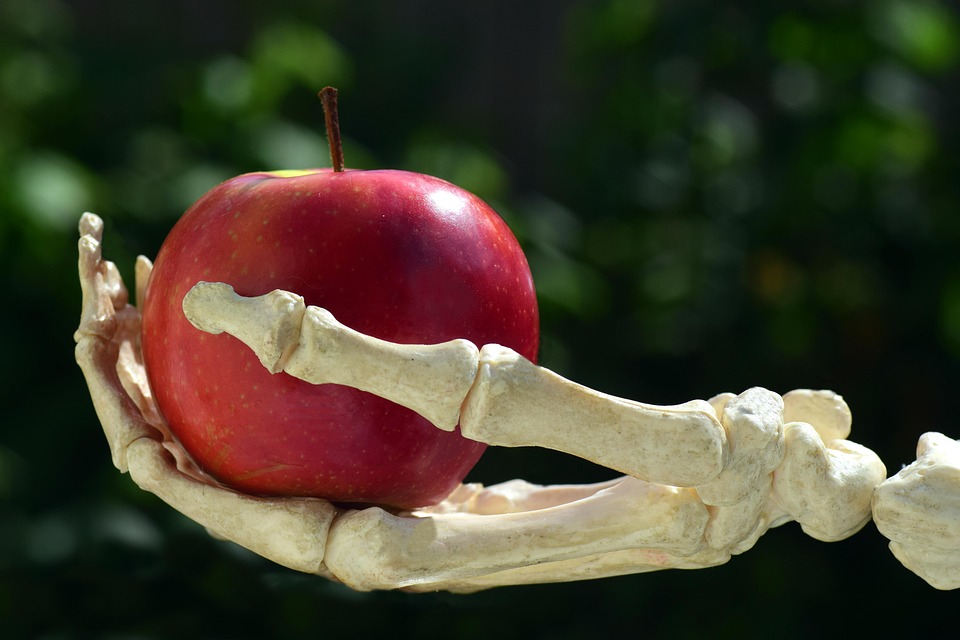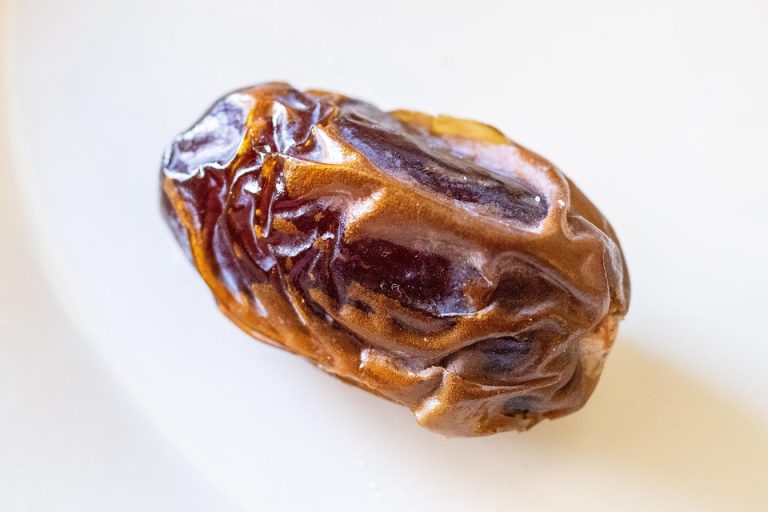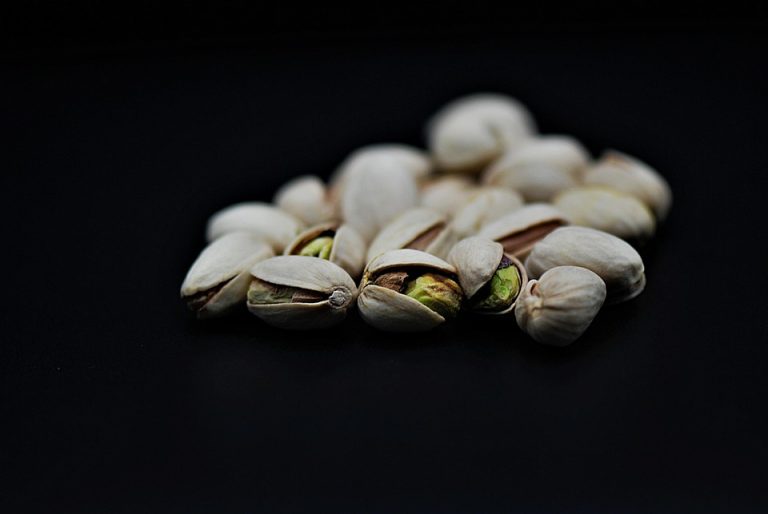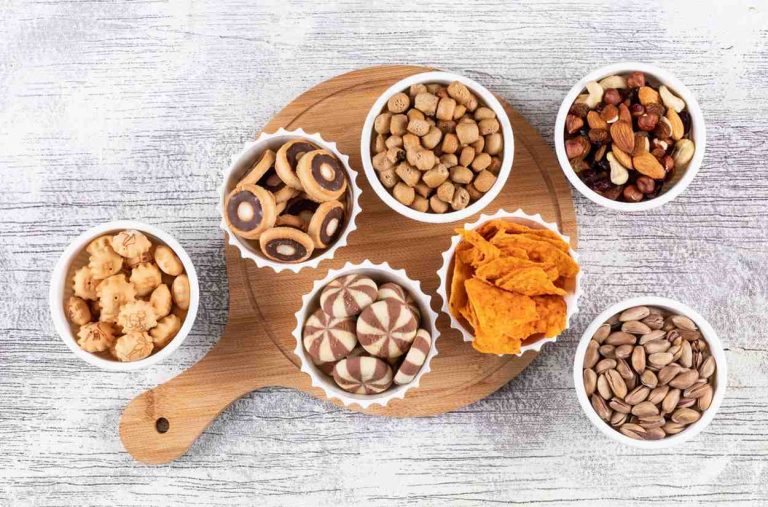Bones density fruits are not a fad, they are real, everyday foods that quietly strengthen the frame you move through life with. This phrase names the fruits that deliver nutrients tied to stronger bones: calcium, vitamin K, vitamin C, potassium, magnesium, and antioxidants that guard bone cells. If you care about staying upright, active, and confident as years pass, the right fruits belong on your plate.
Contents
- Bones Density Fruits That Do More Than Taste Good
- 1. Figs, The Classic Calcium Boost
- 2. Oranges And Citrus, Collagen’s Best Ally
- 3. Prunes, The Research-Backed Bone Friend
- 4. Kiwifruit, Small But Potent
- 5. Berries, Antioxidants For Bone Preservation
- 6. Avocado, Fat For Nutrient Uptake
- 7. Black Or Red Grapes, Polyphenols And Mineral Support
- Bottom Line
- FAQ
Bones Density Fruits That Do More Than Taste Good
I’m going to be direct: food is medicine when it comes to bones. You can’t out-exercise a poor diet, and you don’t need magic pills. These bones density fruits give you measurable benefits when you eat them regularly, and research supports their role in bone health through nutrients and studied outcomes.
Why Fruit Matters For Bone Strength
Fruit offers more than sugar and flavor. Many fruits deliver calcium, vitamin C for collagen, vitamin K for bone-building proteins, and potassium to reduce calcium loss in urine. Clinical research, nutrition reviews, and hospital guidance all point to diets rich in these nutrients as part of an effective bone-preserving strategy.
Fruit also brings antioxidants that reduce inflammation and oxidative stress—both enemies of bone cells. That’s why pairing fruit with calcium- and vitamin D-rich foods, plus weight-bearing movement, creates a powerful one-two punch for bone density.
How To Use This Guide
This list names seven fruits that consistently show up in nutrition studies, public health guidance, and clinical practice for bone support. Each entry includes the main bone-related nutrients, an easy daily serving idea, and a practical way to add the fruit to your routine. No jargon. No guilt. Just smart choices you can do tomorrow.
1. Figs, The Classic Calcium Boost
Figs are underrated. A handful of dried figs gives you a notable amount of calcium, along with potassium and magnesium—minerals that matter to bone matrix and muscle function. The texture is sweet and chewy, so they work as a snack, chopped into yogurt, or folded into oatmeal.
Practical tip: Keep a jar of dried figs in your pantry. Chop two or three into morning cereal or a salad to add both flavor and bone-building minerals without thinking too hard.
2. Oranges And Citrus, Collagen’s Best Ally
Citrus fruits deliver vitamin C, which the body needs to make collagen—the protein scaffold bones hang on. Without quality collagen, bone becomes brittle even if mineral levels are okay. Oranges, grapefruits, and mandarins are quick, portable, and hydrating sources of vitamin C.
Practical tip: Start your day with a freshly squeezed half-orange over a bowl of fortified cereal or toss citrus segments into a spinach salad to help iron and calcium absorption.
3. Prunes, The Research-Backed Bone Friend
Prunes deserve the reputation they’ve earned. Clinical studies show that regular consumption of prunes can help prevent bone loss in postmenopausal women and support markers of bone formation. They supply vitamin K, potassium, and phenolic compounds that may preserve bone density.
Practical tip: Two to four prunes a day is a realistic habit. Eat them plain, blend them into smoothies, or stir them into stews for a subtle, sweet lift.
4. Kiwifruit, Small But Potent
Kiwis punch above their weight. They’re rich in vitamin C, vitamin K, and a range of antioxidants that support bone health by enabling collagen and protecting bone cells. They’re also low in calories and easy to pack.
Practical tip: Slice kiwifruit over cottage cheese or blend one into a post-workout shake to give your bones the vitamin C they need to repair and build.
5. Berries, Antioxidants For Bone Preservation
Blueberries, blackberries, and strawberries deliver antioxidants and manganese, which participates in bone formation. The polyphenols in berries are linked to decreased inflammation and slower bone loss in animal and human studies. They’re also versatile—eaten fresh, frozen, or stirred into yogurt.
Practical tip: Keep frozen berries on hand and add a cup to oatmeal or smoothies several times a week to keep antioxidant intake consistent.
6. Avocado, Fat For Nutrient Uptake
Yes, avocado is a fruit—and a strategic one. It provides vitamin K and healthy monounsaturated fats that help absorb fat-soluble nutrients and vitamin D when paired with other foods. Vitamin K is essential for the proteins that bind calcium to the bone matrix.
Practical tip: Slice avocado onto whole-grain toast and add a squeeze of lemon for a breakfast that supports bone-building across several nutrient categories.
7. Black Or Red Grapes, Polyphenols And Mineral Support
Grapes contain polyphenols and small amounts of potassium and manganese—supportive pieces for bone health. Research suggests that grape polyphenols can reduce bone breakdown and support overall bone metabolism. They’re easy to nibble on and make a fine substitute for less-healthy sweets.
Practical tip: Freeze grapes for a refreshing bite that’s perfect for afternoons when you want something sweet but nourishing.
Simple Meal Combos That Amplify Benefits
Combine these fruits with calcium and vitamin D sources for better results. Think: berries with Greek yogurt; figs and chia on fortified plant milk; prunes and almonds; kiwi and cottage cheese. These combos pair minerals with the proteins and fats the body needs to use them effectively.
Make sure you’re also getting weight-bearing exercise. Diet alone helps, but studies show exercise plus nutrient-rich foods produces the strongest changes in bone density over time.
Practical Daily Plan
- Morning: Fortified cereal with sliced banana and a small handful of chopped figs.
- Midday: Spinach salad with orange segments and avocado.
- Snack: A couple of prunes or a cup of frozen berries.
- Evening: Yogurt with kiwi or grapes for dessert.
This is realistic, pleasant, and sustainable. You won’t need a special supplement unless your clinician prescribes one.
Who Should Be Cautious
If you’re on blood thinners like warfarin, talk to your doctor before ramping up vitamin K–rich fruits. Kidney disease patients should check potassium targets with their nephrologist. Otherwise, these fruits are generally safe and healthful.
How Much Fruit Is Enough?
Aim for two to three servings of fruit daily as part of a balanced diet that includes protein, dairy or fortified alternatives, and vitamin D. Consistency wins here: small, daily habits yield measurable benefits for bone density over months and years.
Bottom Line
Bones density fruits give your body the nutrients it needs to build and protect bone—calcium, vitamin K, vitamin C, potassium, magnesium, and antioxidant compounds. When you make figs, citrus, prunes, kiwi, berries, avocado, and grapes regular guests at your table, you’re choosing a tasteful, evidence-informed strategy to keep bones strong. Pair these fruits with calcium-rich foods, vitamin D, and weight-bearing activity, and you’ve got a plan that’s simple, powerful, and doable.
Be kind to yourself: change comes from ordinary daily choices, not perfection. Add one of these fruits to your routine today and notice how your body responds.
FAQ
Which fruit is best for bone density?
There’s no single “best” fruit, but prunes have the strongest research showing benefit for bone preservation, while figs and kiwi are excellent for delivering calcium and vitamin C. Variety is the practical priority.
How many servings of these fruits should I eat daily?
Aim for two to three servings of fruit daily, mixing at least a couple of the fruits mentioned here. Combine them with calcium sources and protein for maximal bone support.
Can fruit replace calcium supplements?
Fruit can supply important nutrients, but if you have a diagnosed deficiency or high fracture risk, supplements may be necessary. Discuss testing and options with your healthcare provider.
Are there interactions with medications?
Yes—vitamin K–rich foods can interact with some blood thinners. If you take prescription medications, check with your clinician before changing your intake of foods high in vitamin K or potassium.
References
National Institutes of Health Osteoporosis and Related Bone Diseases National Resource Center provides patient-focused information on diet and bone health (https://www.bones.nih.gov).
Harvard T.H. Chan School of Public Health offers a detailed overview of fruits, vegetables, and bone health, including evidence on vitamin C and vitamin K (https://www.hsph.harvard.edu/nutritionsource).
Mayo Clinic discusses dietary patterns and nutrients important for bone health, including calcium, vitamin D, and vitamin K (https://www.mayoclinic.org).
Journal of Nutrition research includes studies on prunes and bone density outcomes in postmenopausal women (https://academic.oup.com/jn).
Get Your FREE Natural Health Guide!
Subscribe now and receive our exclusive ebook packed with natural health tips, practical wellness advice, and easy lifestyle changes, delivered straight to your inbox.





